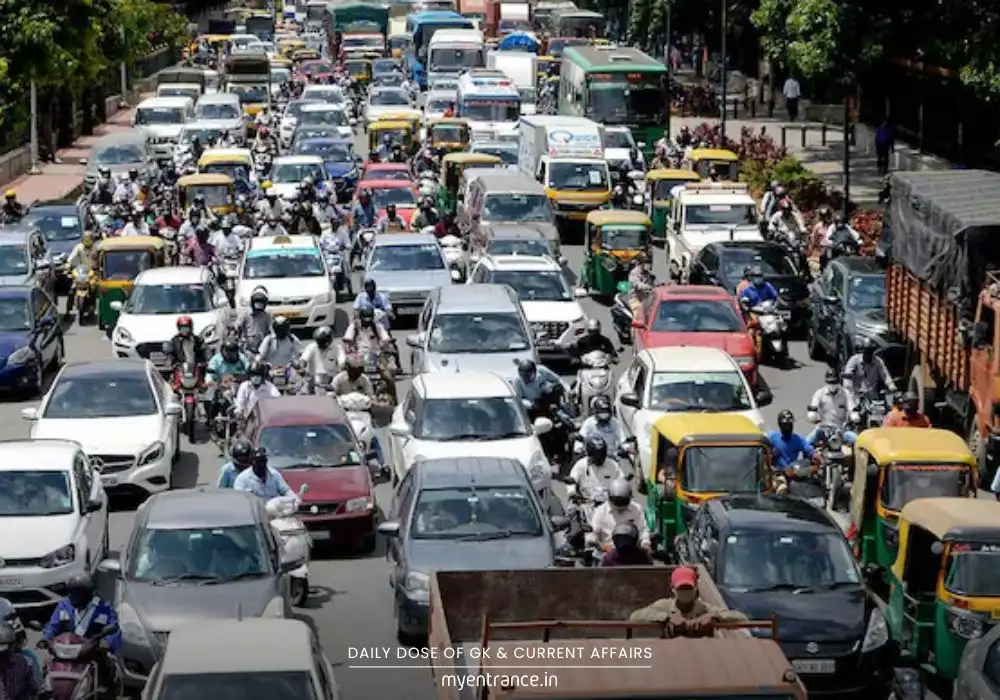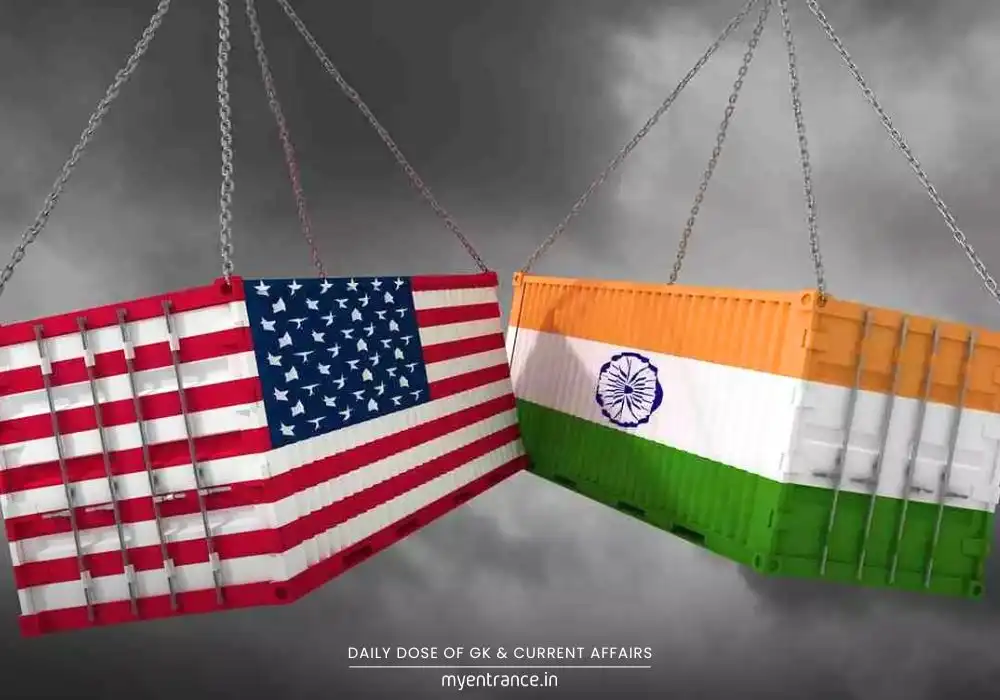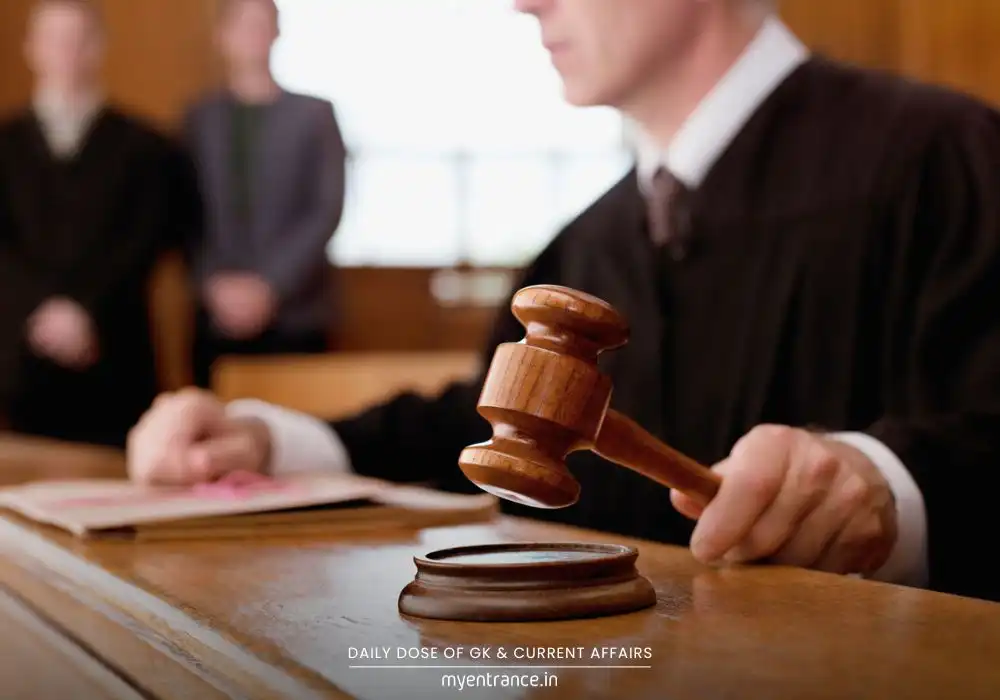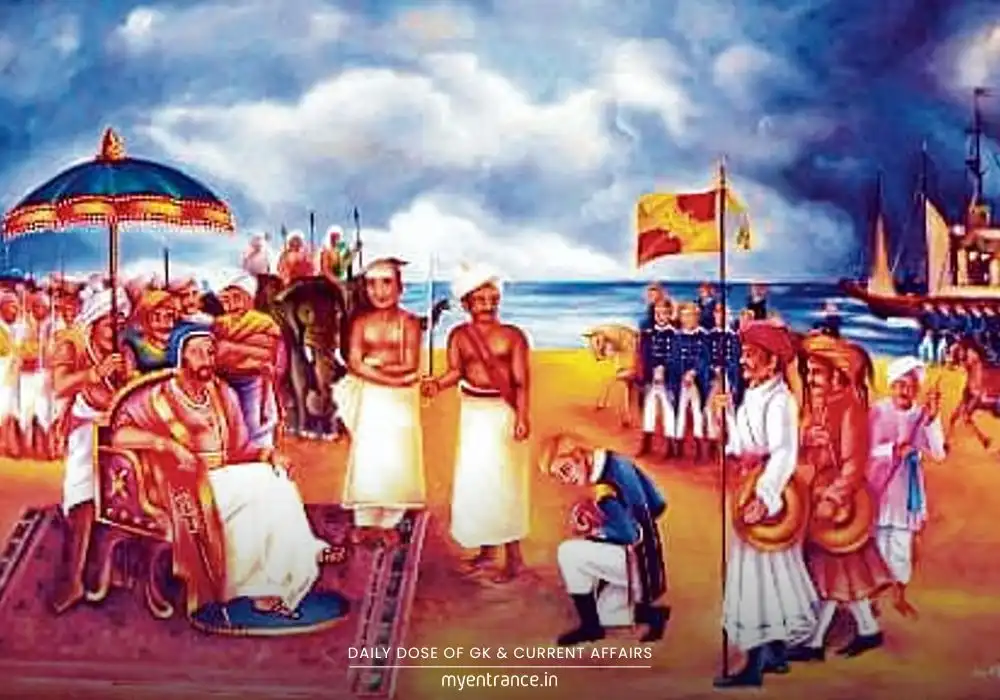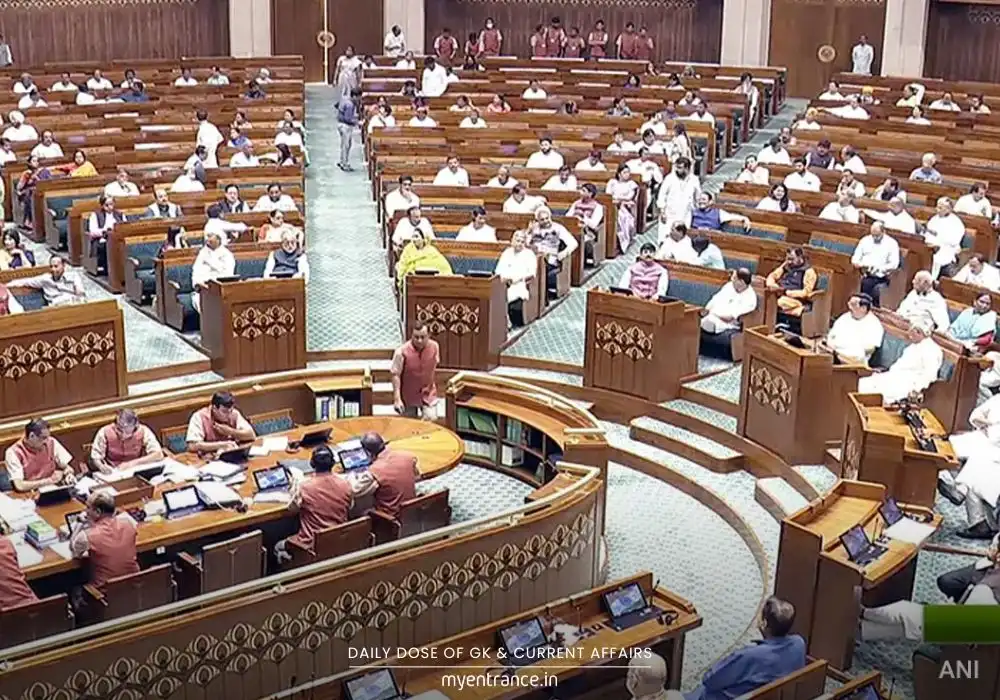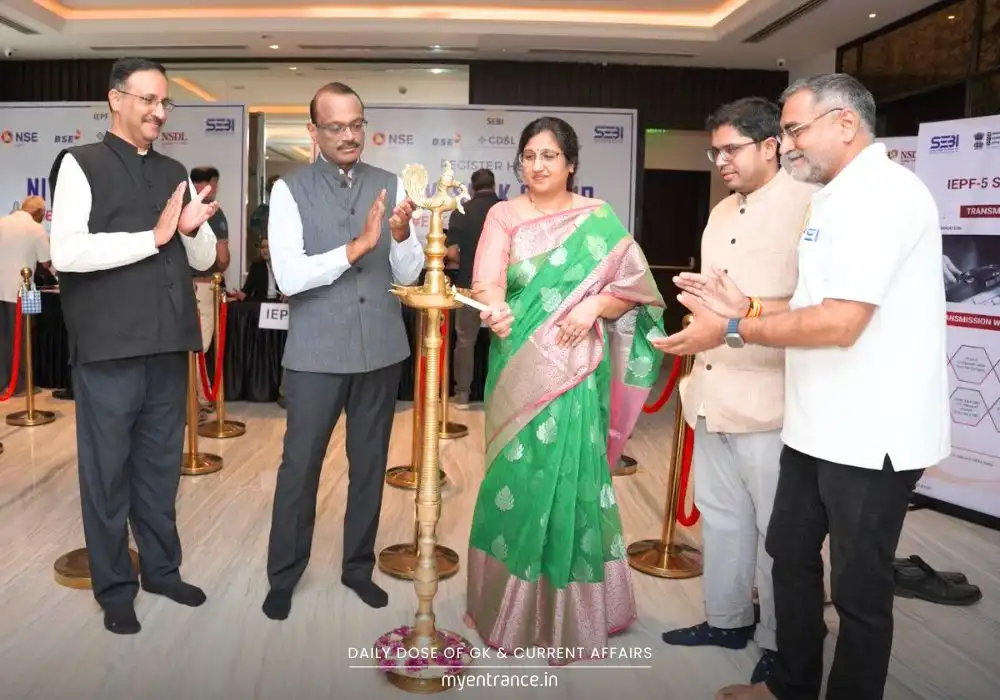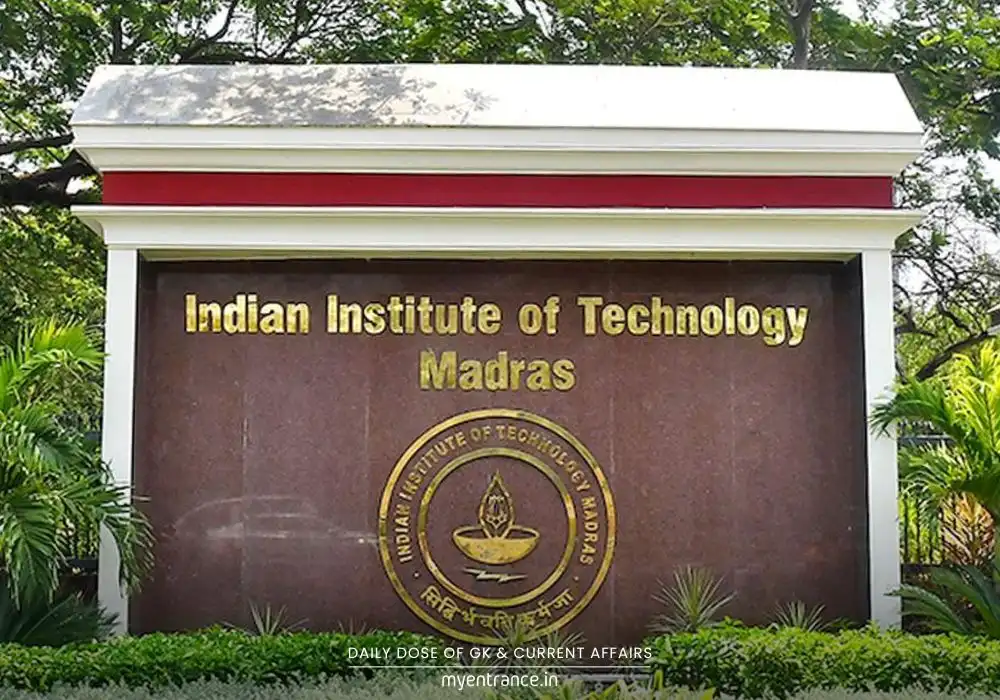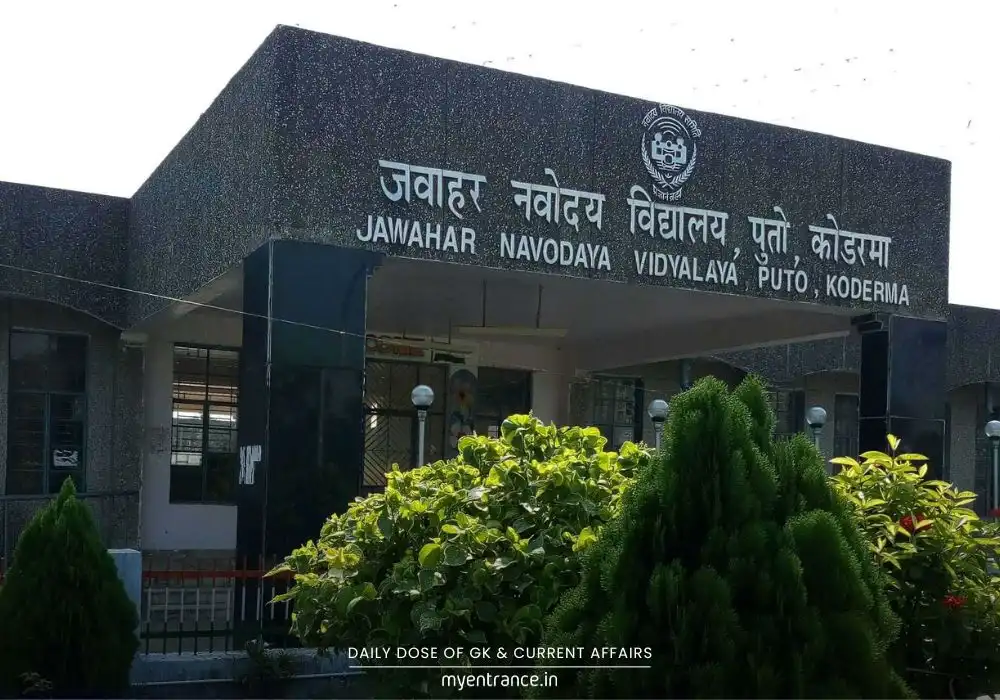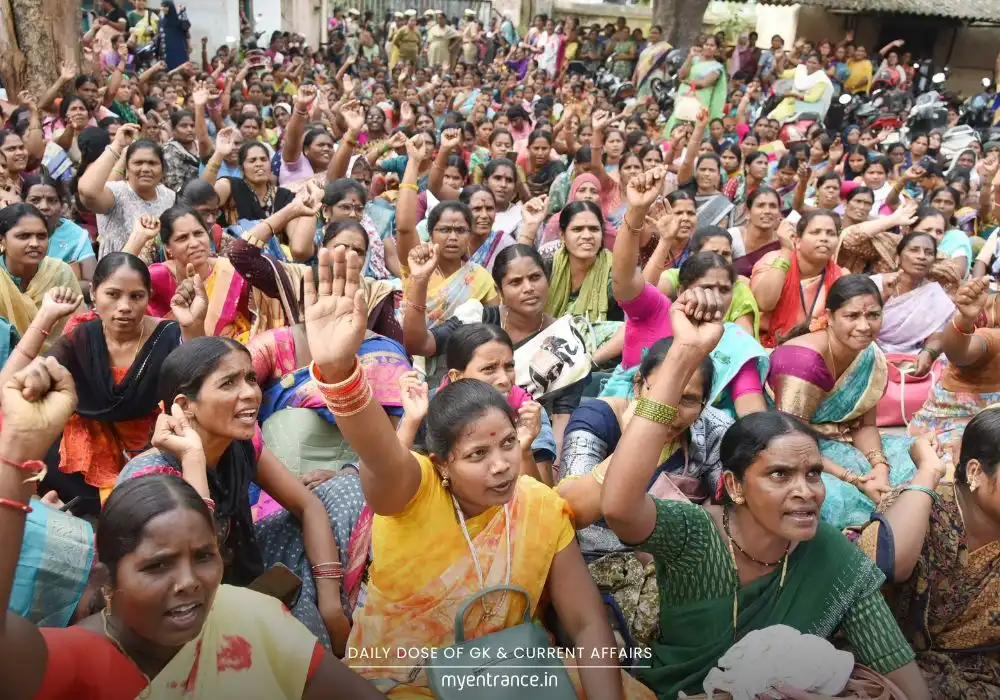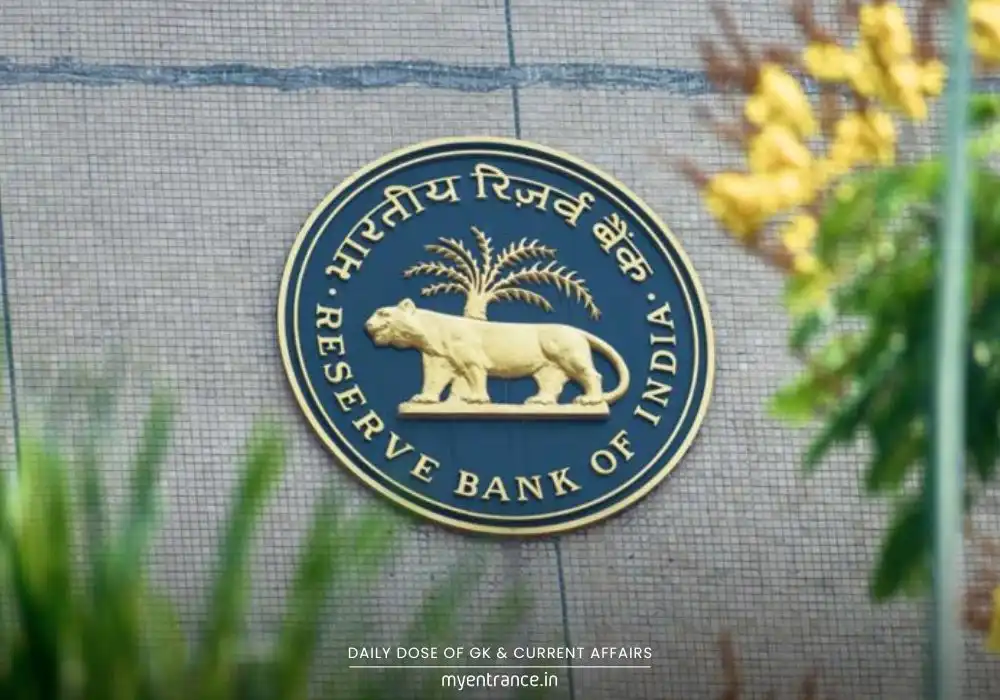Translate Language
Bihar’s Voter List Revolution: How the EC’s Special Roll Revision Targets Authentic Elections
Bihar’s Special Intensive Revision (SIR) of electoral rolls is a landmark initiative by the Election Commission to purge duplicate, deceased, or fraudulent voters. With 65 lakh names slated for removal, it balances electoral purity against risks of disenfranchising marginalized communities. This controversy-laden drive, now under Supreme Court scrutiny, is a critical case study for aspirants tackling polity and governance in competitive exams.
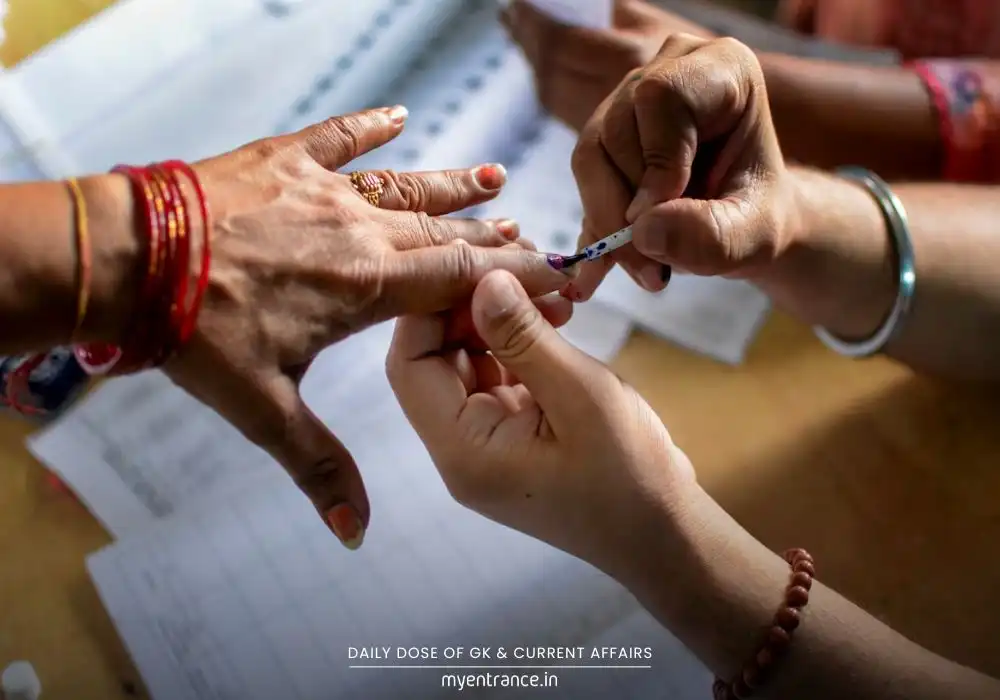
The Bihar SIR: Mechanics and Mission
The Election Commission of India (ECI) has launched a Special Intensive Revision (SIR) of Bihar’s electoral rolls—a hybrid exercise blending door-to-door verification with summary revision tactics. Volunteers are deployed statewide to help voters secure government documents (like caste certificates or birth proofs) by the September 1 deadline. The goal? To eliminate 65 lakh “inauthentic” entries: deceased individuals, permanent migrants, duplicates, or untraceable voters.
Controversy and Legal Firewalls
Opposition parties and civil society groups allege the SIR could wrongfully strip voting rights from migrants and marginalized groups. The Supreme Court is currently hearing petitions against it, while the ECI defends its safeguards:
No deletion without notice: Names are only removed after scrutiny by Electoral Registration Officers (EROs) and a formal hearing.
Appeals simplified: Volunteers guide citizens to challenge deletions via District Magistrates or Chief Electoral Officers under Section 24 of the RP Act, 1950.
Documentation rigor: Pre-2003 voters need only an old roll extract; post-2003 enrollees must submit one of 11 specified IDs (e.g., matric certificates, passports)—excluding Aadhaar or ration cards.
Legal Backbone
The SIR operates under Section 21(3) of the Representation of People Act, 1950, granting the ECI discretionary revision powers. The timeline is aggressive:
Draft rolls published by August 1 (after form submissions ended July 25).
Final rolls due by September 30 post-document verification.
Why This Matters for Exams:
UPSC/PSC Mains: Directly ties to GS Paper II (Representation of People’s Act, Election Commission’s powers).
Prelims: Hot topic for “Current Events” and “Polity” sections (e.g., SIR’s legal basis, ECI’s autonomy).
Analytical Edge: Tests understanding of electoral integrity vs. inclusion—key for essay papers.
Real-World Governance: Illustrates federalism (ECI-state coordination) and citizen rights (appeal mechanisms).
Higher Weightage: Electoral reforms are perennial favorites in SSC, KAS, and UPSC interviews.
Questions & Answers Bihar’s Voter List Revolution:
Q1: Under which legal provision did the ECI initiate Bihar’s Special Intensive Revision (SIR)?
Ans: Section 21(3) of the Representation of the People Act, 1950, empowers the ECI to revise rolls “in such manner as it thinks fit.”
Q2: Why has the Bihar SIR faced opposition from civil society groups?
Ans: Critics argue stringent documentation requirements and tight deadlines could disenfranchise internal migrants, daily wage laborers, and marginalized communities lacking access to IDs.
Q3: What percentage of Bihar’s 7.89 crore voters submitted enumeration forms by July 25?
Ans: Approximately 91.6% (7.23 crore electors), leaving 65 lakh names under scrutiny for removal.
Q4: How does the SIR impact pre-2003 and post-2003 voters differently?
Ans: Pre-2003 voters need only a 2003 electoral roll extract; post-2003 voters must submit one of 11 specified documents (e.g., birth certificate, passport).
Q5: What judicial recourse exists if a voter’s name is wrongly deleted?
Ans: Under Section 24 of the RP Act, 1950, they can appeal to the District Magistrate, then the Chief Electoral Officer. Volunteers assist in filing appeals.
Get 3 Months Free Access for SSC, PSC, NIFT & NID
Boost your exam prep!
Use offer code WELCOME28 to get 3 months free subscription. Start preparing today!
